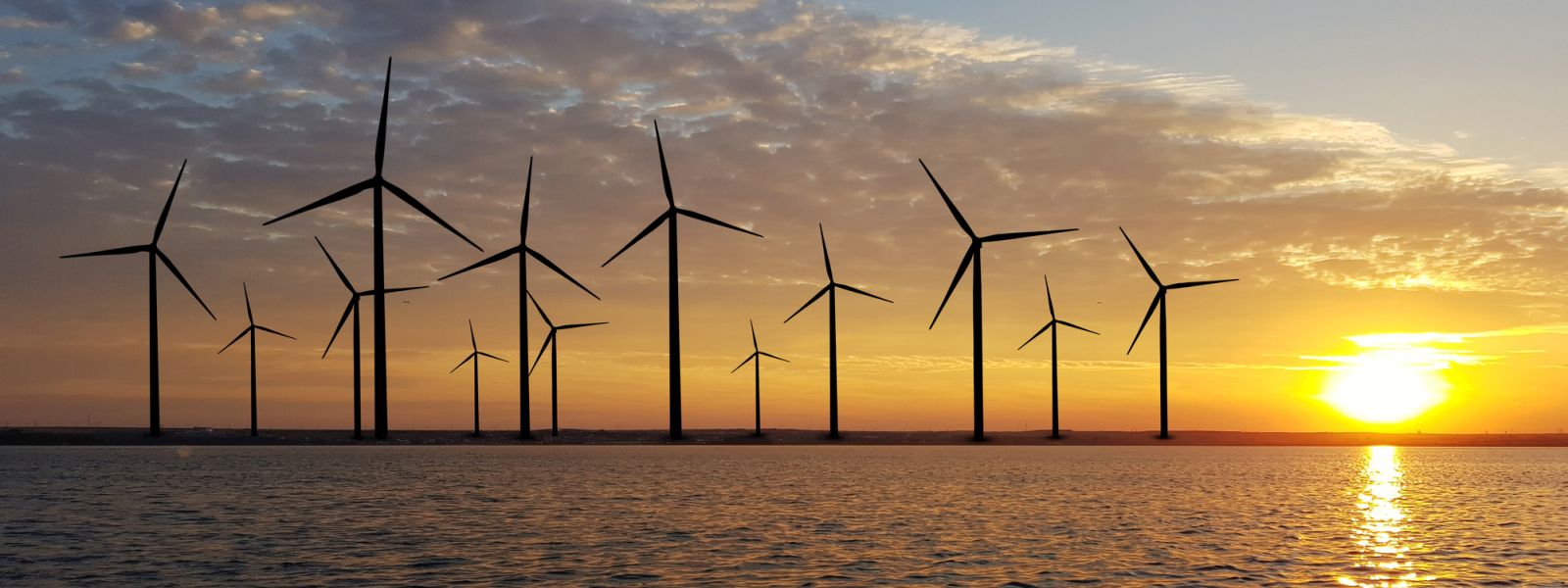
The Minister of State for Energy Security and Net Zero, Graham Stuart MP, discovered more about the technology and research that is driving the offshore energy transition on a visit to the University of Strathclyde.
A key focus of his visit was to learn more about how the Strathclyde-led Offshore Energy Transition Programme is helping academia connect with industry to address key challenges in the move towards renewables in support of the UK Government’s North Sea Transition Deal.
The Deal sets out an ambitious plan for how the UK’s offshore oil and gas sector and the government will work together to deliver the skills, innovation and new infrastructure required to meet stretching greenhouse gas emissions reduction targets. It aims to support and anchor the expert supply chain that has built up around oil and gas in the UK, to both safeguard and create new high-quality jobs.
Energy transition
The Minister was welcomed to Strathclyde’s Technology and Innovation Centre by Professor Stephen McArthur, Associate Principal and Executive Dean of the Faculty of Engineering.
While there, the Minister met with academics working in offshore energy transition, floating wind and offshore power integration including Professor Feargal Brennan, the James Blyth Distinguished Professor of Offshore Engineering, Professors Graeme Burt and Khaled Ahmed, and Willie Reid, Director of the Offshore Energy Transition Programme.
The Minister then travelled to the National Manufacturing Institute Scotland, operated by Strathclyde, at Inchinnan, where he toured the recently-opened building with Chris Courtney, Chief Executive Officer of NMIS.
At NMIS the Minister learned more about how the facility is helping manufacturers of all sizes, and from all sectors, seize the opportunity to realise their net zero ambitions by making it easier to develop and embrace new technologies while de-risking innovation, and supporting them in their efforts to transition to a low carbon economy.
Minister for Energy Security and Net Zero Graham Stuart said: “It was fantastic to see first-hand how the University of Strathclyde is developing technology and research to accelerate the clean energy transition.
“Innovation is key to realising our ambitious net zero goals, and world-class research expertise like this will help build on our world-leading renewables record.”
Positive impact
Professor Sir Jim McDonald, Principal & Vice-Chancellor of the University of Strathclyde, said: “Strathclyde is committed to using its expertise to work in partnership with government, industry and academia to advance the UK’s net zero ambitions, to ensure a just transition to renewable energy and to help address the urgent challenge of climate change.
“We were delighted to host the Minister to show him the range of activities that are already having a positive impact and the leading role Strathclyde is playing in this sector.”
Strathclyde is home to the Institute for Energy and Environment, one of Europe’s leading and largest power systems and energy technology university research groups and an international leader in wind energy and the control of wind turbines and wind farms. Strathclyde also became the first university in the UK to offer a Master of Science (MSc) degree in Offshore Energy Transition.
The University is also a key partner in Project ORION (Opportunity Renewables Integration Offshore Networks) which is supporting Shetland to become an international clean energy hub under ambitious plans that will also see major oil and gas fields become net zero by 2030.
Since Quarter 2 of 2022, the UK has seen 3 gigawatts (GW) of new renewable capacity installed, according to UK government figures, of which 1.2 GW was offshore wind. Renewables’ share of electricity generation (including all renewables technologies) was 42.1 per cent in Quarter 2 of 2023, higher than the same quarter last year (38.7 per cent).